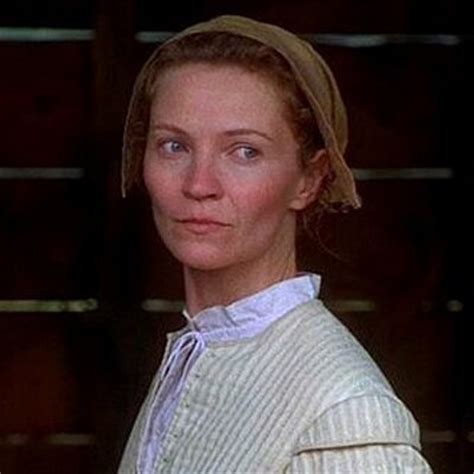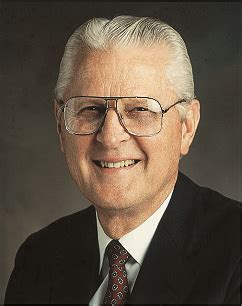A Quote by Elizabeth Proctor
I do not judge you. The magistrate sits in your heat that judges you. I never thought you but a good man, John-only somewhat bewildered.
Quote Topics
Related Quotes
Conscience is a judge in every man's breast, which none can cheat or corrupt, and perhaps the only incorrupt thing about him; yet, inflexible and honest as this judge is (however polluted the bench on which he sits), no man can, in my opinion, enjoy any applause which is not there adjudged to be his due.
One cool judgment is worth a thousand hasty councils. The thing to do is to supply light and not heat. Ay any rate, if it is heat it ought to be white heat and not sputter, because sputtering heat is apt to spread the fire. There ought, if there is any heat at all, to be that warmth of the heart which makes every man thrust aside his own personal feeling, his own personal interest, and take thought of the welfare and benefit of others.
It is left... to the juries, if they think the permanent judges are under any bias whatever in any cause, to take on themselves to judge the law as well as the fact. They never exercise this power but when they suspect partiality in the judges; and by the exercise of this power they have been the firmest bulwarks of English liberty.
We have been told mankind will be judged on the intent of the heart. No mortal can see into the depth of another. There is only One who can. His is the role of a judge-not ours. If you are prone to criticize or judge, remember, we never see the target a man aims at in life. We see only what he hits.
Every faculty in one man is the measure by which he judges of the like faculty in another. I judge of your sight by my sight, of your ear by my ear, of your reason by my reason, of your resentment by my resentment, of your love by my love. I neither have, nor can have, any other way of judging about them.
































